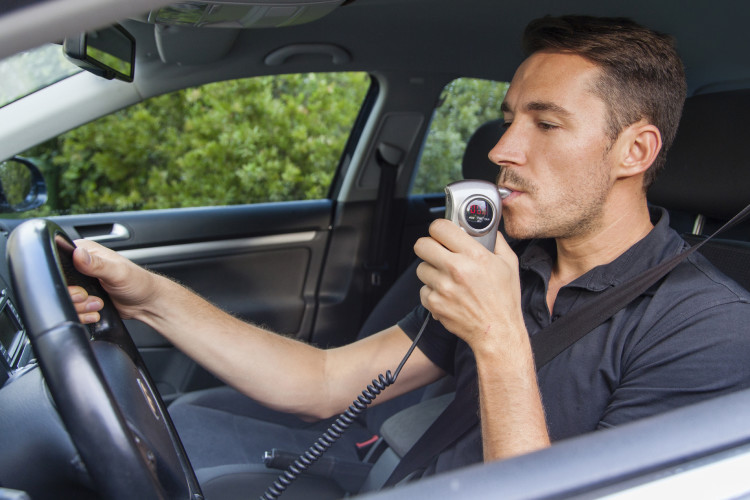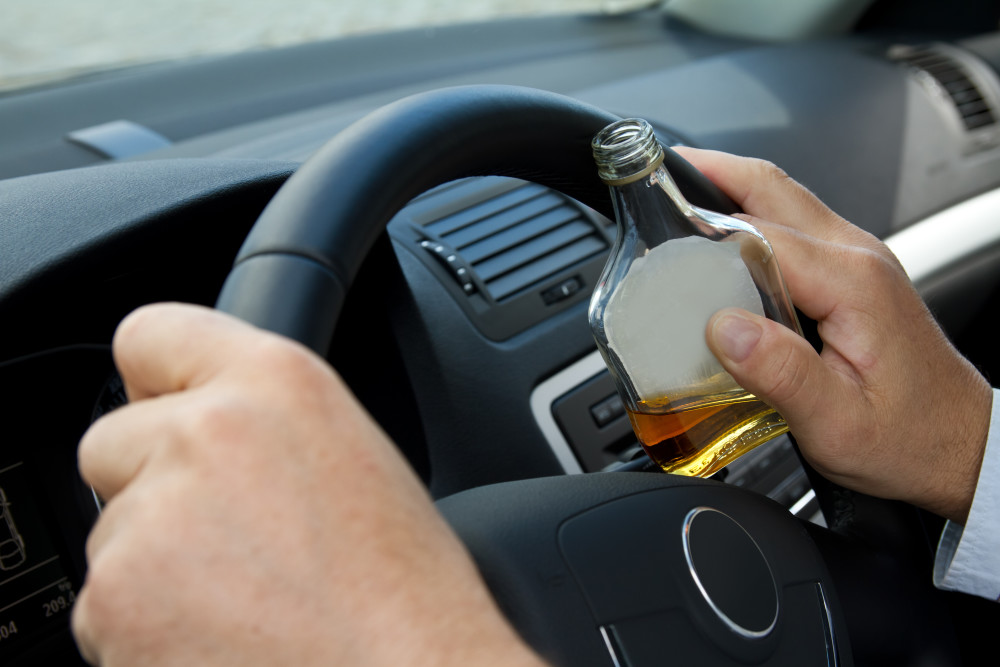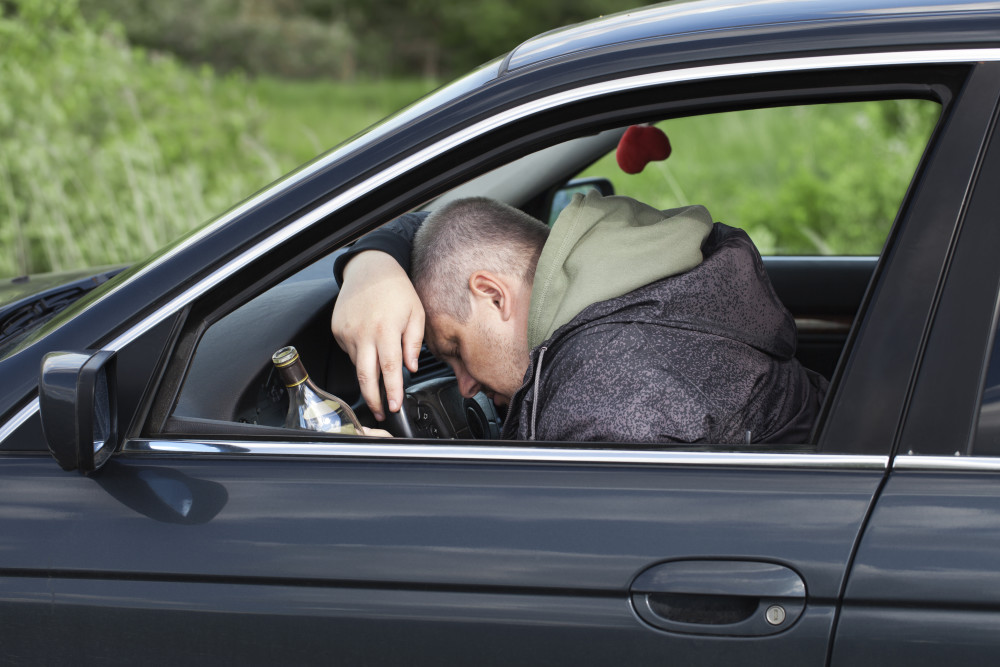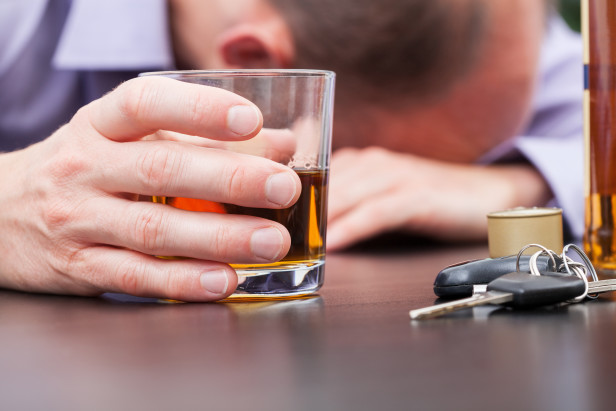
In this day and age, some people tend to regard driving while intoxicated as ‘not a big deal,’ especially if it happens in a rural area. This type of thinking is not only incorrect, it can be dangerous and can prove incredibly costly for you and your loved ones. Part of this thinking, however, may be because specific information about Texas DWI laws is often difficult to come by unless you know exactly what to look for. Here are some tips that can help you avoid a DWI or get through one more easily.
#1. Some DWIs will be misdemeanors, but many will qualify as felonies. Many people labor under the misapprehension that a DWI is always a misdemeanor unless someone is injured or killed. This is not the case – while injuring someone or killing them will almost certainly qualify as a felony, there are other reasons that a DWI would merit the harsher charge.
For example, Texas law holds that a DWI will classify as a third degree felony if someone has previously been convicted of a similar offense in another state. If you are charged with DWI while you have a child passenger in your car, it constitutes a state jail felony. These will happen regardless of other factors like how fast you might have been going.
#2. You will almost certainly have your license suspended. Texas law mandates the suspension of your license after a DWI conviction, though judges and juries are permitted to recommend that your license not be suspended. Generally, if your blood alcohol content (BAC) registers as over .08, or if you refuse to take the test, a suspension will result. You can appeal, but you may not win. If you are convicted in court, a suspension is automatic under Texas law.
#3. For a first offense, community service is an option, but it can come with many different caveats. Normally, a DWI carries a penalty of fines and at least three days in jail (or more, if you had an open container in your vehicle). However, judges and juries are able to sentence you to community service instead. Community service will keep you out of jail, but it will require you to jump through several hoops in order to remain there. For example, you may be made to be evaluated by an addiction counselor, to see if you require more help, or you may be required to allow an ignition interlock device to be put on your car for a certain period of time.
#4. Your car insurance rates will almost certainly rise, or you may even be dropped from your policy. Insurance companies are in the business of making money, and it can be cost prohibitive to insure someone who drives while intoxicated. If you are convicted of DWI, especially if it happens more than once, you stand a good chance of being dropped by your insurance company.
#5. A DWI stays on your record for as long as seven years, and may stay longer. In Texas, employers are allowed to conduct background checks dating back up to seven years, and if you are applying for a job making more than $75,000, they may look even further back. A DWI can be the difference between hiring and being passed over.
An Austin Criminal Defense Lawyer Can Help
Even knowing what to expect in a DWI proceeding cannot make the process much easier or less frightening. A knowledgeable Austin DWI attorney is your best bet, and the skilled Austin DWI lawyers at The Law Office Of Robert L. Buford are happy to talk with you about your case. Contact us today.












Recent Comments